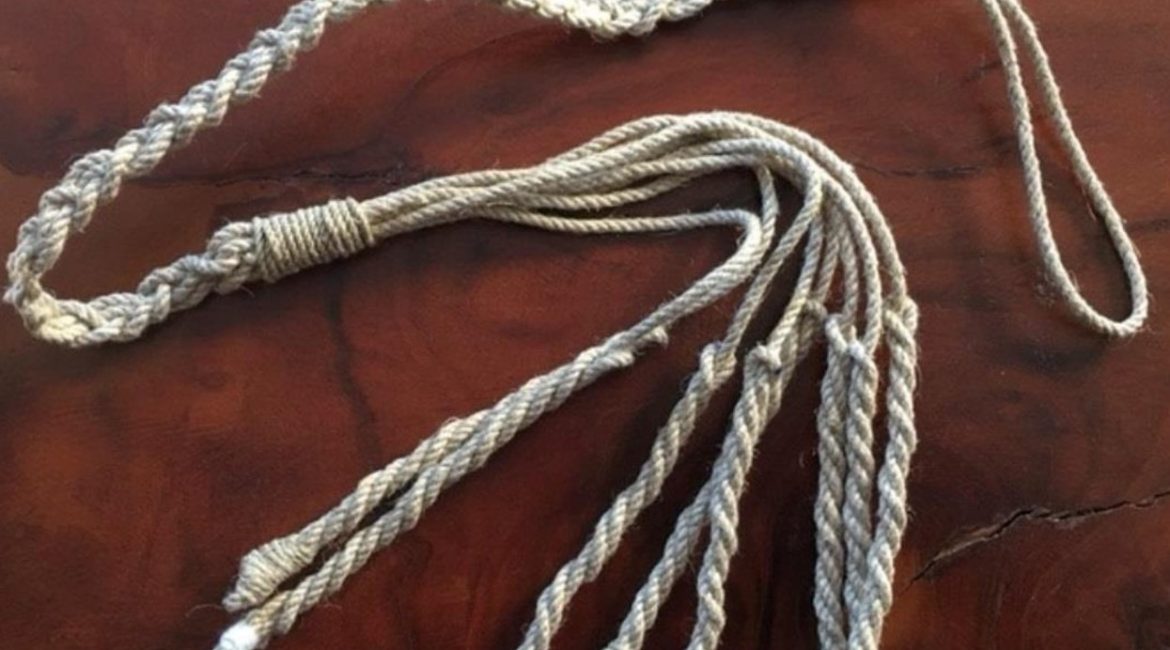By Dr. María Drolma
“They [women] do not have to be wise: it is enough when they are discreet.”
In 1931, Josemaría Escrivá, the founder of the “so-called” Catholic order Opus Dei, made this misogynist statement and it has remained a core tenet among Opus Dei adherents today. In his book Camino (1934), Escrivá described to his followers three points of “saintliness” (point #387, see photo): “the saintiliness of intransigence, coercion, and shamelessness.” However, for Escrivá, these were not satanisms or non non-virtuousness.
I had not been connected to Opus Dei until I came to live in Spain and became a Buddhist.
A woman Natalia González at a Buddhist center told me about fourteen years ago, that while she was giving a Buddhist talk to a group of people, they offered her a small appartment to live in. But one person among them warned her that these people were from Opus Dei and would make her life “impossible.” It was for a very sinister reason that they had offered her accommodation: the fact that she was a Buddhist and could “remove prospect believers” from their proselytising Opus Dei.

I became a Tibetan Buddhist nun and have always encountered many friendly people in Spain, but also hostile people. Another nun who ordained with me told me these were “strange” encounters and did not happen to her. For example, when I was going to the bathroom during one flight, one woman extended her arms along the corridor and challenged me: “Where do you think you are going?”
Or one woman once screamed angrily on the street: “Where are your sleeves?”
I was about to scream back at her, “Men don’t have them either!”
Or people asked me several times in Madrid the same thing: “Indian party?”
I have related these utterances to Opus Dei, though Buddhism is not a well-known religion as I know from among other things said.
In 2020 I met a real state agent who told me freely, which is quite unusual, that she belonged to Opus Dei. The school nearby was managed by Opus Dei and many people in this neighborhood in which I live all belonged to Opus Dei.
I had told her that I am Buddhist. I did not react at all to her information, which she was surprised I guess, but in 2021 I started the Centro de Retiros budista Arya Tara and remembered her statement clearly.
On my windows there have always been, since beginning, Tibetan prayer flags, without any intention to show off, but simply using a cultural Buddhist trait – so it is simple to see from outside that I am Buddhist, and not Opus Deist, etc.
Checking
I have since checked the neighborhood to verify that lady’s claim. It seems to be accurate: one acquaintance has been to the Opus Dei school and knows Opus Dei people all over; another has family members in Opus Dei; there are buildings that seem to belong mostly to Opus Dei owners. They can consist of single men or women or married (“numerarios”), with assistants (“auxiliares”) who clean the male singles’ houses (not the female ones).
Opus Dei members wear spiked belts (“cilicios”) and flagelate themselves (“disciplina”), a morbid asceticism unknown to and against any precept among Buddhists (see photo). Many books discuss people who once belonged to Opus Dei but have left it, such as María del Carmen Tapia´s “Tras el Umbral” (1992), where she calls them rightly “fanatics” (see photo).

There are also books by people like José Ramón Martínez Roble’s ”Naturaleza criminal del opus dei” (2016). Roble never belonged to Opus Dei but was also psychologically “prosecuted” by them, because they wanted to show him “how we play it”, as he has put it (p. 110).
Last year I contacted those who have left Opus Dei and told Antonio Moya about my once neighborhood in Diego de León. Antonio Moya, said the people in my area at that time were undoubtedly from Opus Dei, since two offices from Opus Dei were close by. I recorded one tiny video in his talks, because he said they wanted to treat cases such as mine (Buddhist) later.
Pope Francis changed the status quo of Opus Dei last year, and took into account a massive accusation against them from former assistants. I wrote to him to tell him about members’ abuse of people who have never joined Opus Dei, such as Buddhists. I also wrote to the new chief of Opus Dei, Fernando Ocariz Braña, telling him also that everyone should respect the Law of Religious Liberty in Spain that has been in place 1980, to have mutual respect for each other. It seems quite shocking, but it seems as if the Opus Dei people ignore or do not know this law!
Modern times, medieval attitude?
I have commented on this case with many Spanish friends and people, who all agree upon them being a sect of control and misogyny, as I outlined at the beginning.
Some of them repeat what Opus Dei has always boasted about themselves: they are so “powerful.” This is unfortunately just a saying, not a reality: ignorant of the Law of Religious Liberty, ignorant of newspapers and keeping up with the news, and ignorant of any outside information except that which is coming from their superiors.

Lastly, to my surprise, I learnt last year too that the person I worked with at a university in Spain, where I left “voluntarily” after being an associate professor, is the daughter of a famous figure from Opus Dei who had also left (not without any trouble). The rest of the family, like the aunt, remained in Opus Dei.
As Raymond Lam of Buddhistdoor Global pointed out: “The omnipresence of Opus Dei in Spain, their social power and hunger to convert others (including non-proselytizing, peaceful Buddhists) to their ascetic and troubling worldview, is a shadow over an otherwise welcoming country that is actually becoming more interested in Buddhist ideas like mindfulness.”
Having had such a vast sort of circumstances directly and indirectly linked to Opus Dei in Spain, especially while I am Buddhist, they make one think about a sect that is not happy at all sharing their main “proselityzing” view of humankind, even when Buddhists are not proselityzing as I have stated in my book Introducción al Budismo – en 7 temas (2024).
Talking openly about Opus Dei people, I share with them the same statemnent I have made in private: we all must have mutual respect in all senses to each other. Tolerance. Not smashing doors, just as some Opus Dei people do, believing that their “bad attitude” is a proof of their “saintiliness.” On top of this, whether we are men or women, Buddhist or otherwise (these are all but labels), it makes no difference at all when treating everyone with mutual respect; a sense of equanimity, not enmity.


